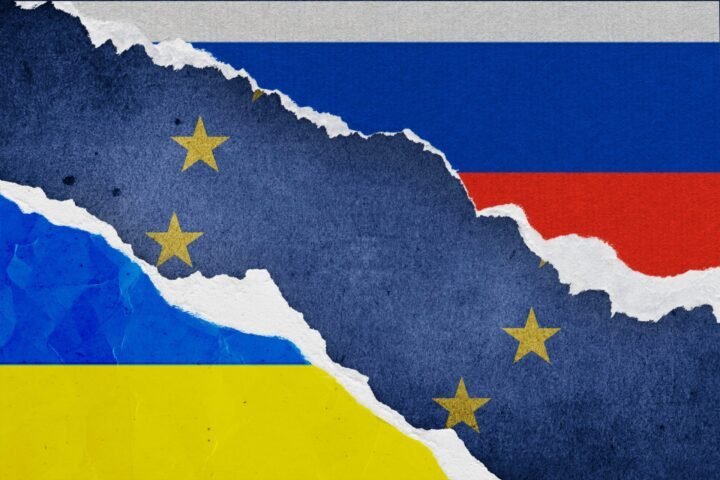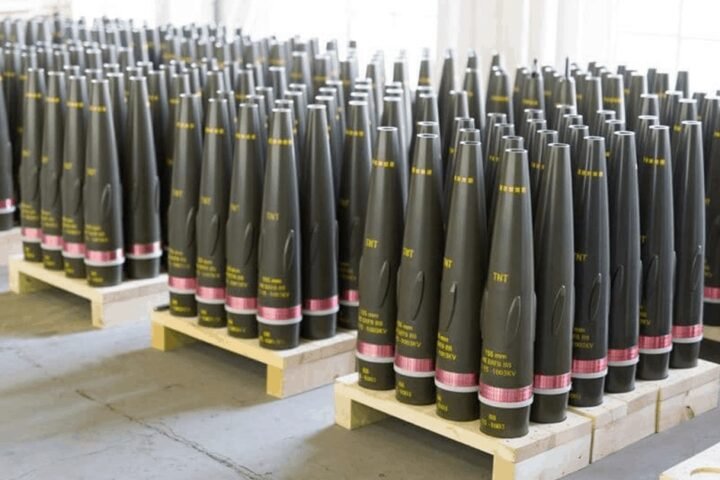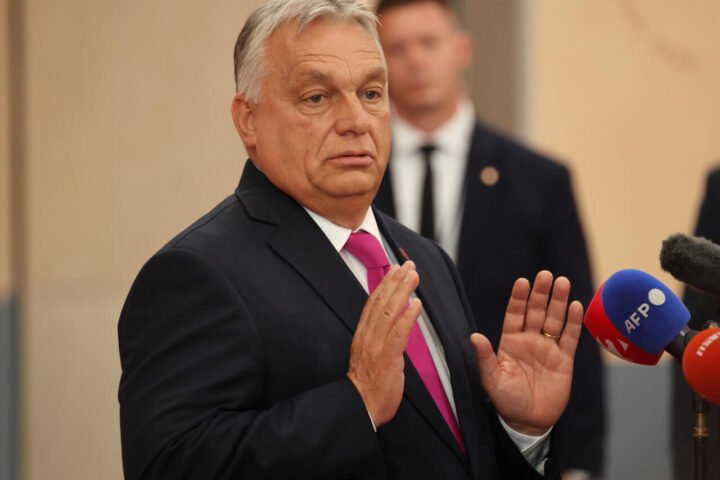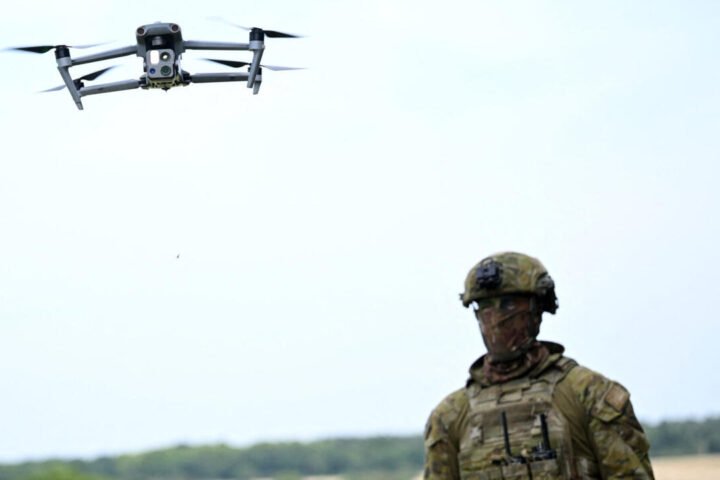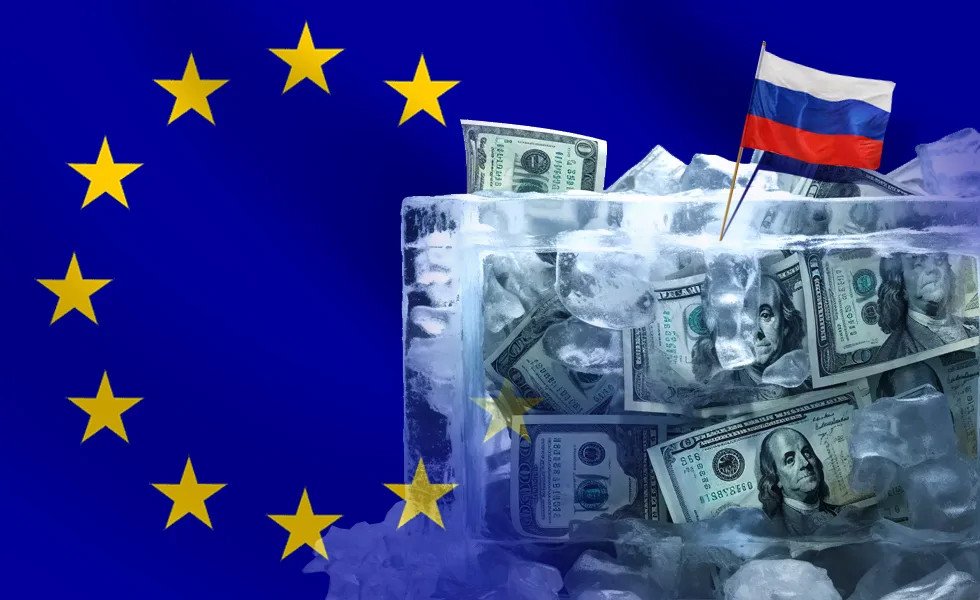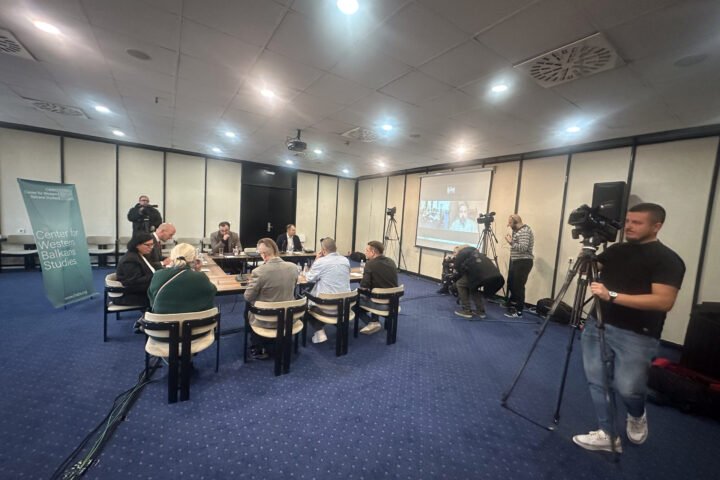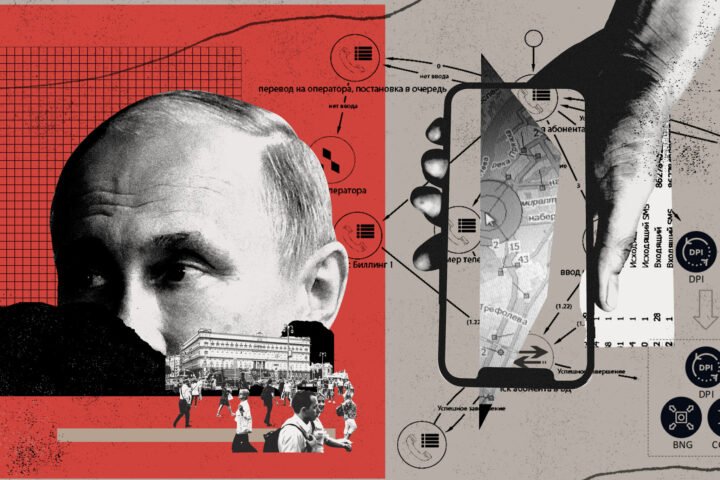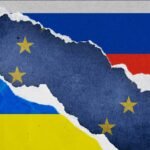Sweden has reported a sharp rise in GPS interference traced to Russian territory, warning of serious risks for civil aviation across the Baltic region. On 4 September 2025, the Swedish Transport Agency said it registered 733 incidents this year compared with 495 in 2024 and only 55 in 2023. The agency stressed it had no doubts that the disruption originated in Russia. Authorities said they plan to raise the issue with the International Civil Aviation Organization (ICAO).
Civil aviation under pressure
Transportstyrelsen noted that pilots are increasingly forced to rely on alternative navigation systems as interference spreads geographically and intensifies. The risk escalated further on 31 August, when the navigation system of European Commission President Ursula von der Leyen’s aircraft was jammed as she approached Plovdiv airport in Bulgaria. Bulgarian experts said the disruption was the result of Russian intervention.
EU and NATO responses
On 1 September, EU Defence Commissioner Andrius Kubilius announced plans to deploy additional satellites in low Earth orbit to strengthen resilience against jamming and improve detection capabilities. EU transport spokesperson Anna-Kaisa Itkonen confirmed that signal blocking and spoofing have become widespread this year, particularly along the bloc’s eastern flank, recalling that 13 member states had already raised the alarm in June. According to the Institute for the Study of War, Russia has stepped up GPS disruption in the Baltics, with Estonia reporting that 85% of its flights experience interference. Neighbouring Finland, Poland and Sweden also recorded a surge in Russian electronic warfare installations near their borders.
Security risks and international calls
EU aviation authorities are working to integrate alternative navigation methods, including inertial systems, barometric sensors, paper maps and visual cues, to reduce dependence on GPS. NATO has accelerated development of advanced GNSS receivers with AIM+ technology, capable of detecting and neutralising interference in real time, as well as blocking spoofed signals through Galileo’s OSNMA authentication. The UN and EU have called on Russia to halt jamming activities, warning of threats to civilian air travel and international security, though analysts caution such appeals are unlikely to be heeded under Moscow’s current authoritarian regime.


